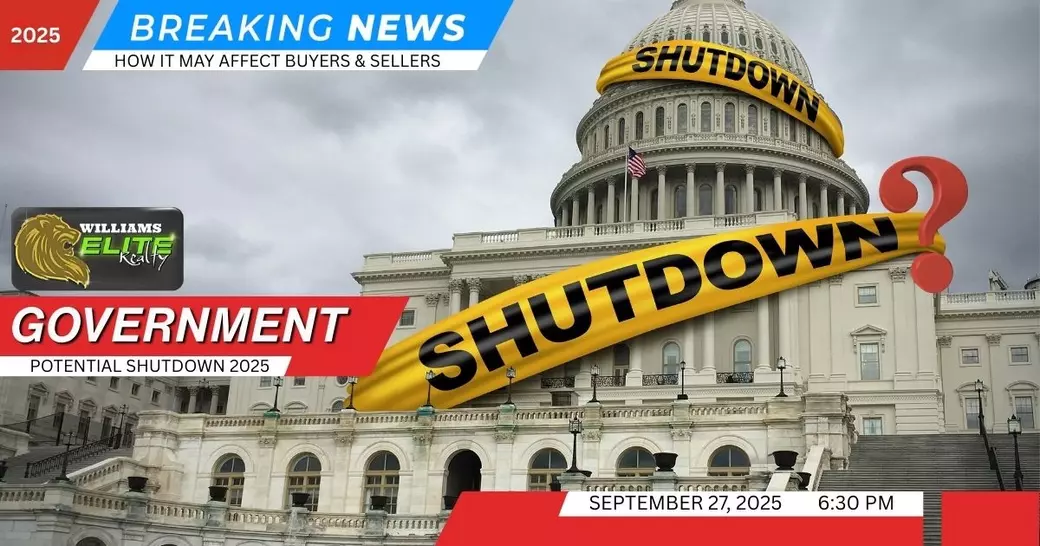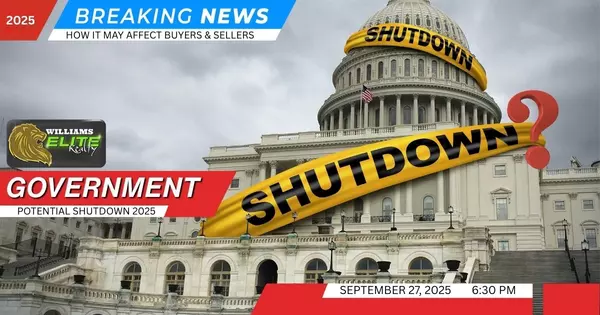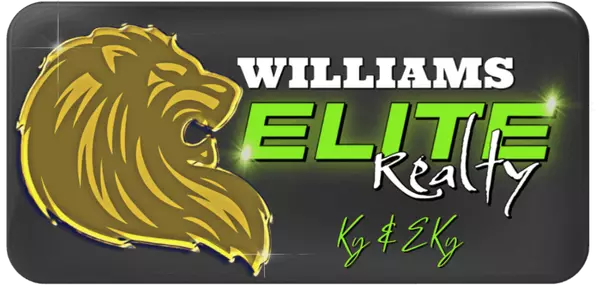What a Government Shutdown Could Mean for Home Buyers and Sellers

What a Government Shutdown Could Mean for Buyers & Sellers: An Objective Look
A potential government shutdown can cause temporary delays in real estate transactions, especially for loans or insurance tied to federal programs. Most deals will still move forward, but buyers and sellers should be aware of possible holdups and build in extra flexibility. By planning ahead and staying informed, the impact on your closing can often be minimized.
Context: Why This Matters
When federal funding lapses and a shutdown occurs, some government operations pause or scale back. Because modern real estate relies on interconnected systems—federal loan programs, verification services, and flood insurance—the effects can range from minimal to modest delays, depending on how long a shutdown lasts and which functions are curtailed.
Where Delays Can Occur
1) National Flood Insurance Program (NFIP)
If NFIP authority lapses, new policies and certain renewals generally cannot be issued. Since many lenders require flood coverage in designated zones before closing, transactions in those areas may be delayed until coverage can be bound or renewed.
2) Mortgage Processing & Federal Verifications
Lenders often rely on federal systems for tax transcripts, identity verification, and program endorsements (e.g., FHA, USDA, VA). During a shutdown, these services may be slower or temporarily unavailable, increasing the chance of underwriting bottlenecks.
3) Affordable Housing Programs
USDA typically does not issue new loans or grants in a shutdown, while HUD functions may continue at reduced capacity using previously obligated funds. Projects and contracts that require new approvals can face delays if staffing is limited.
4) Confidence & Timing
Even when mechanics are intact, uncertainty can make some buyers more cautious. Mortgage rates may become volatile, and regions with many federal employees can see localized slowdowns if furloughs or income concerns lead households to wait.
Practical Notes for Buyers
- Ask your lender how they’ll navigate federal slowdowns (FHA, USDA, VA, IRS transcripts).
- If your property is in a flood zone, work to secure or renew flood insurance early.
- Build buffer time into your contract and avoid extremely tight closing timelines where possible.
- Stay updated on NFIP reauthorization and agency status using reliable sources.
Practical Notes for Sellers
- Be aware that some buyers may request extensions if agency-related steps are delayed.
- Use clear contract language (where allowed) that describes how delays and extensions will be handled.
- Maintain frequent communication with buyers and their lenders to spot potential holdups early.
- Remain flexible where possible while balancing your own timeline needs.
What Past Shutdowns Suggest
Prior shutdowns show that many real estate transactions continue with only modest friction, though the risk of delay rises for deals that depend on federal verifications or flood insurance. The longer a shutdown lasts, the more backlogs can build and the more coordination is required to keep closings on track.
Bottom Line
A shutdown doesn’t typically halt the market, but it can add administrative friction. Clear communication, early completion of time-sensitive tasks, and sensible buffers around key dates are often enough to keep most transactions moving forward. This is a normal part of the budget process from time to time; the goal here is simply to educate and prepare.
Sources & Further Reading
- NAR: Possible Government Shutdown — What You Need to Know
- HousingWire: Government Shutdown & Mortgage Impact
- Inman: How a Government Shutdown Would Affect Real Estate Agents
- ASFPM / FEMA: What a Shutdown Means for the NFIP
- Nixon Peabody: Impact on Affordable Housing Programs
- Real Estate News: Will a Shutdown Affect Real Estate?
- Real Estate Roundtable: NFIP & Funding Deadline
- MPA: Housing Sector Braces for Shutdown Fallout
- Proof: Real Estate Operations During Shutdowns
This overview is informational and party-neutral. It is not legal, tax, or financial advice. For guidance on a specific transaction, consult your lender, attorney, and insurance provider.
FAQs
Will a government shutdown stop all home purchases and sales?
No. Most transactions can still proceed. Delays are more likely when steps depend on federal systems (e.g., NFIP binding/renewals, IRS transcript requests, or certain agency endorsements). Planning for extra time can reduce risk.
What happens to flood insurance (NFIP) during a shutdown?
If NFIP authority lapses, new policies and some renewals generally cannot be issued. Existing, in-force policies typically remain valid. This can affect closings in flood zones until coverage is bound.
Are FHA, USDA, and VA loans affected?
Agency operations may scale back. USDA typically does not issue new loans during a shutdown. FHA/VA may continue limited functions but with potential slowdowns, which can extend underwriting timelines.
How can buyers and sellers prepare?
Complete time-sensitive items early (such as flood insurance), communicate frequently with lenders and agents, and include reasonable buffers for closing. Many deals still close on schedule with proactive planning.
Categories
- All Blogs (21)
- Bluegrass Realtors (1)
- Closing Costs (1)
- Community Opportunity (1)
- credit (1)
- Divorce and Real Estate (1)
- Downsizing & Upsizing (2)
- Education (1)
- First time homebuyer tips (2)
- Foreclosure (2)
- Fun (1)
- Government (1)
- Home Buying in Kentucky (6)
- Home Buying Tips (3)
- Home Selling in Kentucky (4)
- Home Selling Tips (3)
- Home Value (3)
- Kentucky Events (4)
- Listings (3)
- Moving to Kentucky (6)
- Real Estate Guidance (3)
- Relocation & Jobs Moves (2)
Recent Posts











